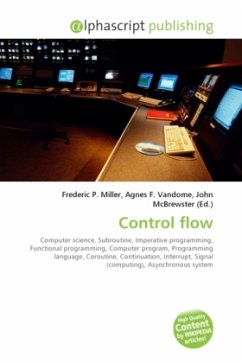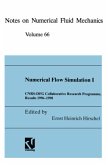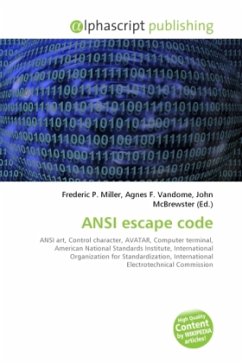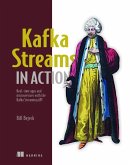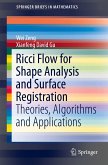In computer science control flow (or alternatively, flow of control) refers to the order in which the individual statements, instructions, or function calls of an imperative or functional program are executed or evaluated. Within an imperative programming language, a control flow statement is a statement whose execution results in a choice being made as to which of two or more paths should be followed. For non-strict functional languages, functions and language constructs exist to achieve the same result, but they are not necessarily called control flow statements. The kinds of control flow statements supported by different languages vary, but can be categorized by their effect: continuation at a different statement (unconditional branch or jump), executing a set of statements only if some condition is met (choice - i.e. conditional branch), executing a set of statements zero or more times, until some condition is met (i.e. loop - the same as conditional branch), executing a set of distant statements, after which the flow of control usually returns (subroutines, coroutines, and continuations), stopping the program, preventing any further execution (unconditional halt).
Bitte wählen Sie Ihr Anliegen aus.
Rechnungen
Retourenschein anfordern
Bestellstatus
Storno

